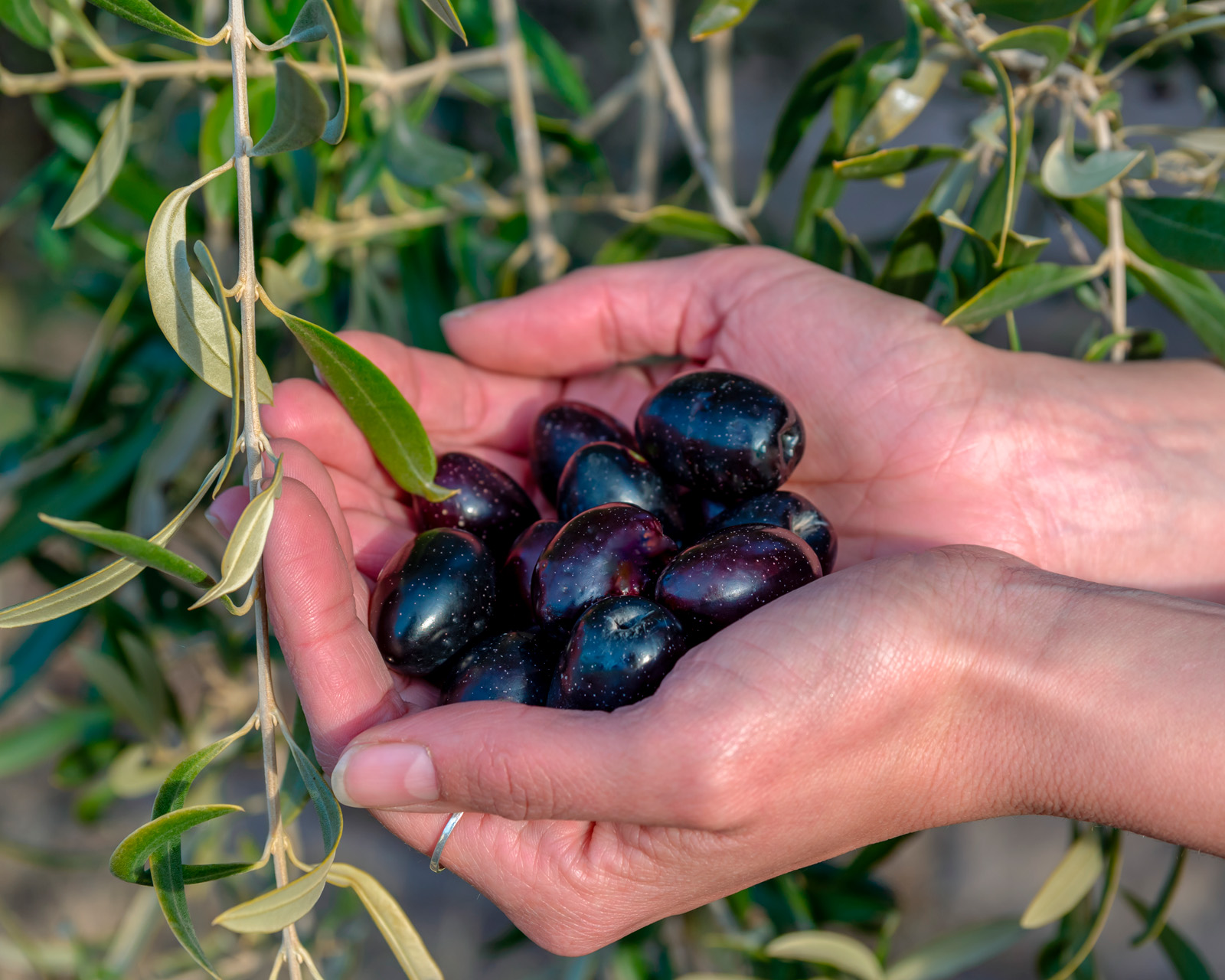In Greece, the olive harvest is more than just an agricultural task - it's a precious tradition with deep roots in history and the generous nature of the Mediterranean. The harvest begins in late October and continues until February, depending on the type of olive and the region. As the Mediterranean sun casts its golden glow, families gather in the olive groves, where some trees have stood for hundreds, even thousands, of years. These silver-leaved giants are silent witnesses to generations of care and dedication.
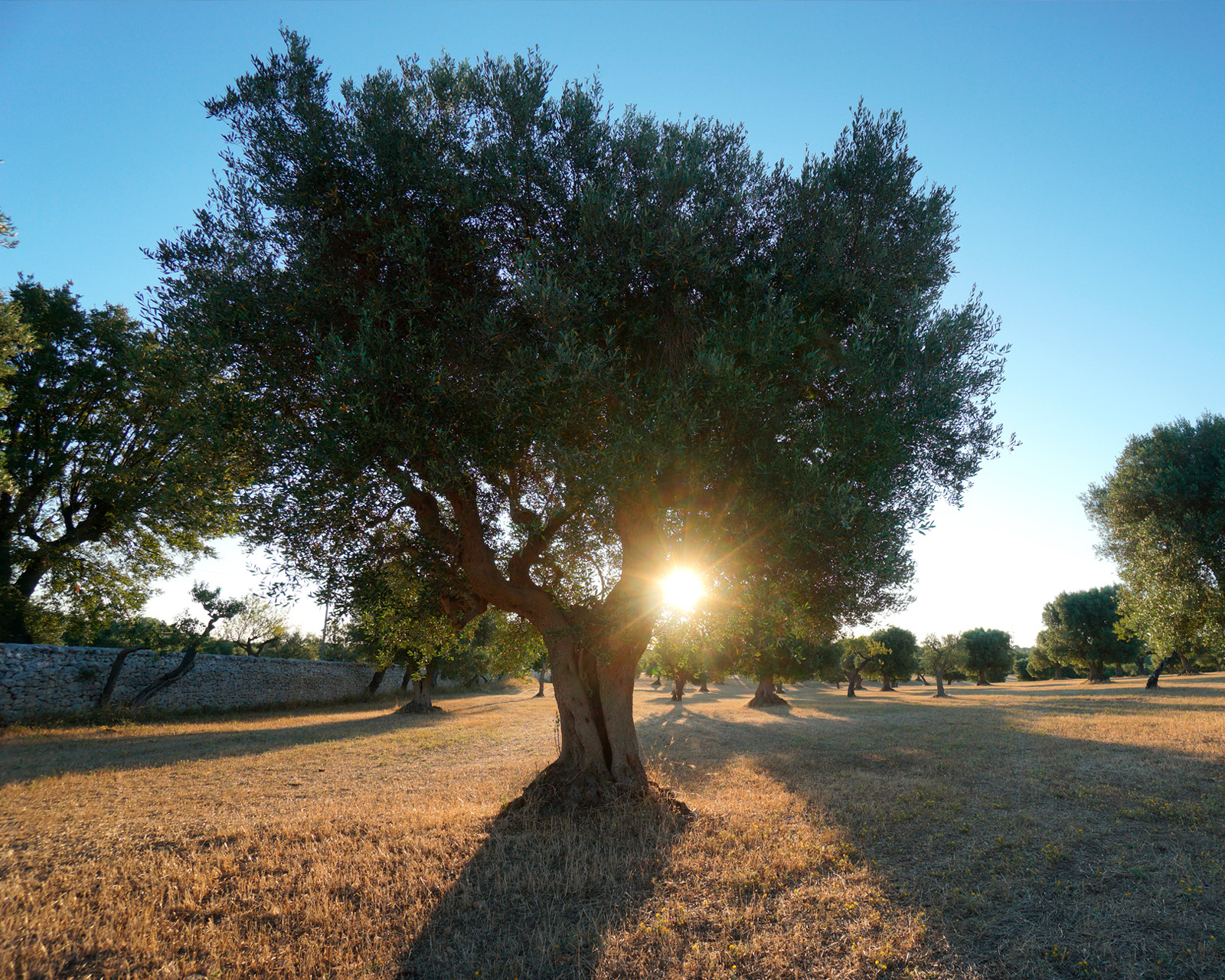
The work begins with respect and attention. The olives are gently picked from the branches by hand or with special equipment and fall softly onto nets that have already been spread beneath the trees. The air is filled with laughter, stories, and the rhythmic sound of leaves. It’s hard work, but it’s also a time of connection - an opportunity for families, acquaintances, and friends to come together, share memories, and pass traditions on to the next generation.
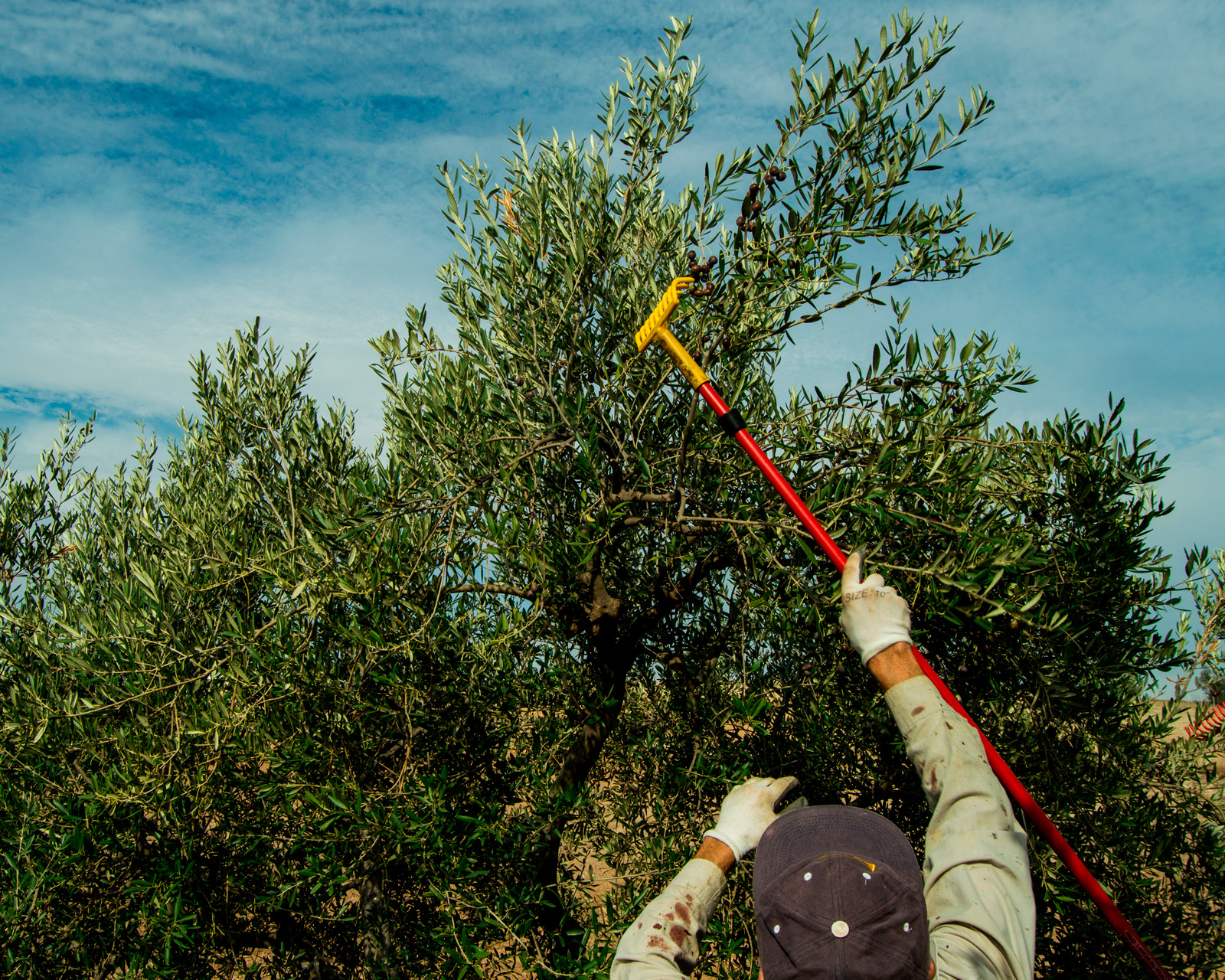
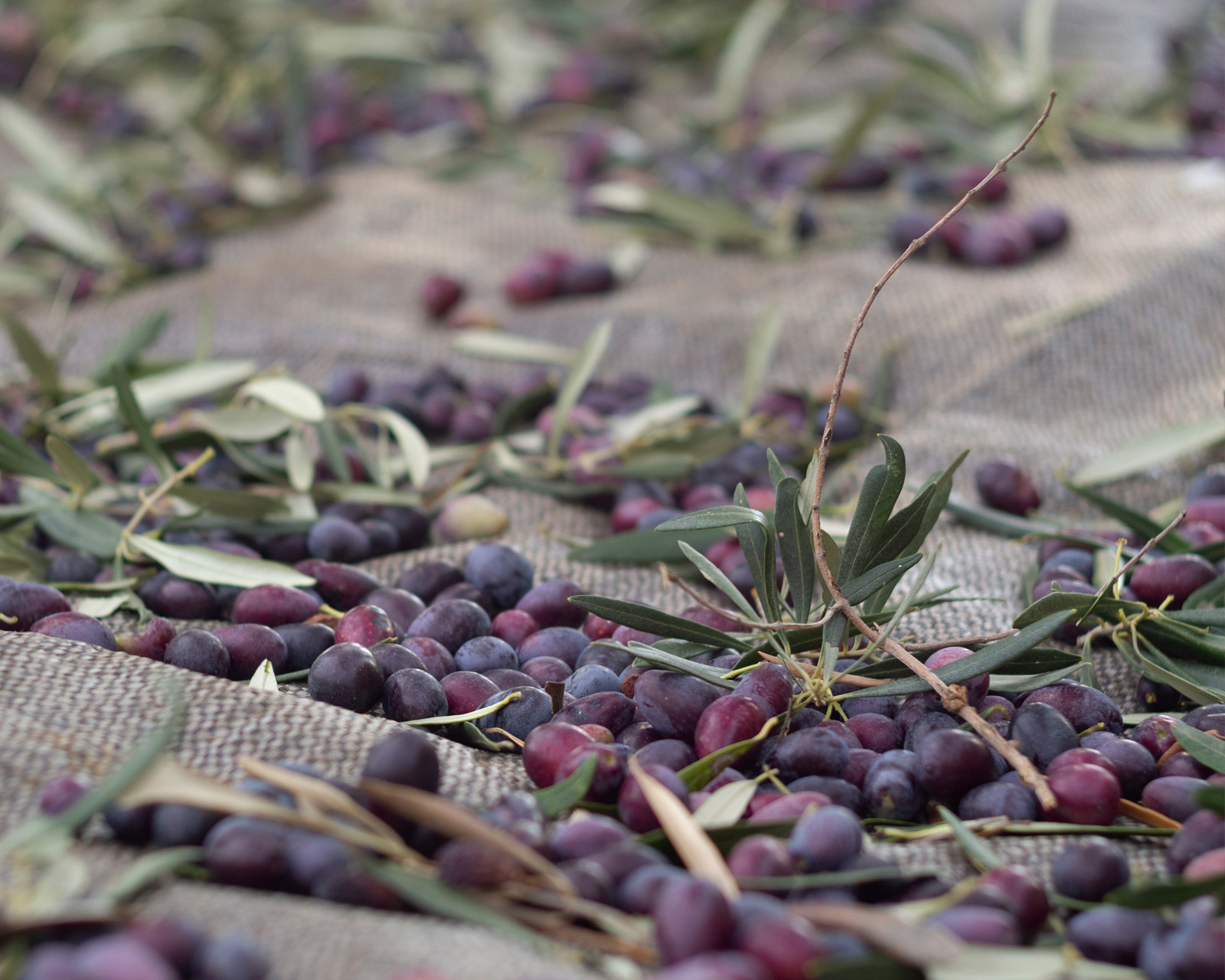
Once collected, the olives are quickly transported to the local olive press, where the transformation begins. They are washed, crushed, and ideally undergo cold pressing, preserving all their natural goodness. This first extraction produces the famous extra virgin olive oil - the “liquid gold” of Greece. Its aroma is earthy and fruity, capturing the essence of Greek soil and sunshine.
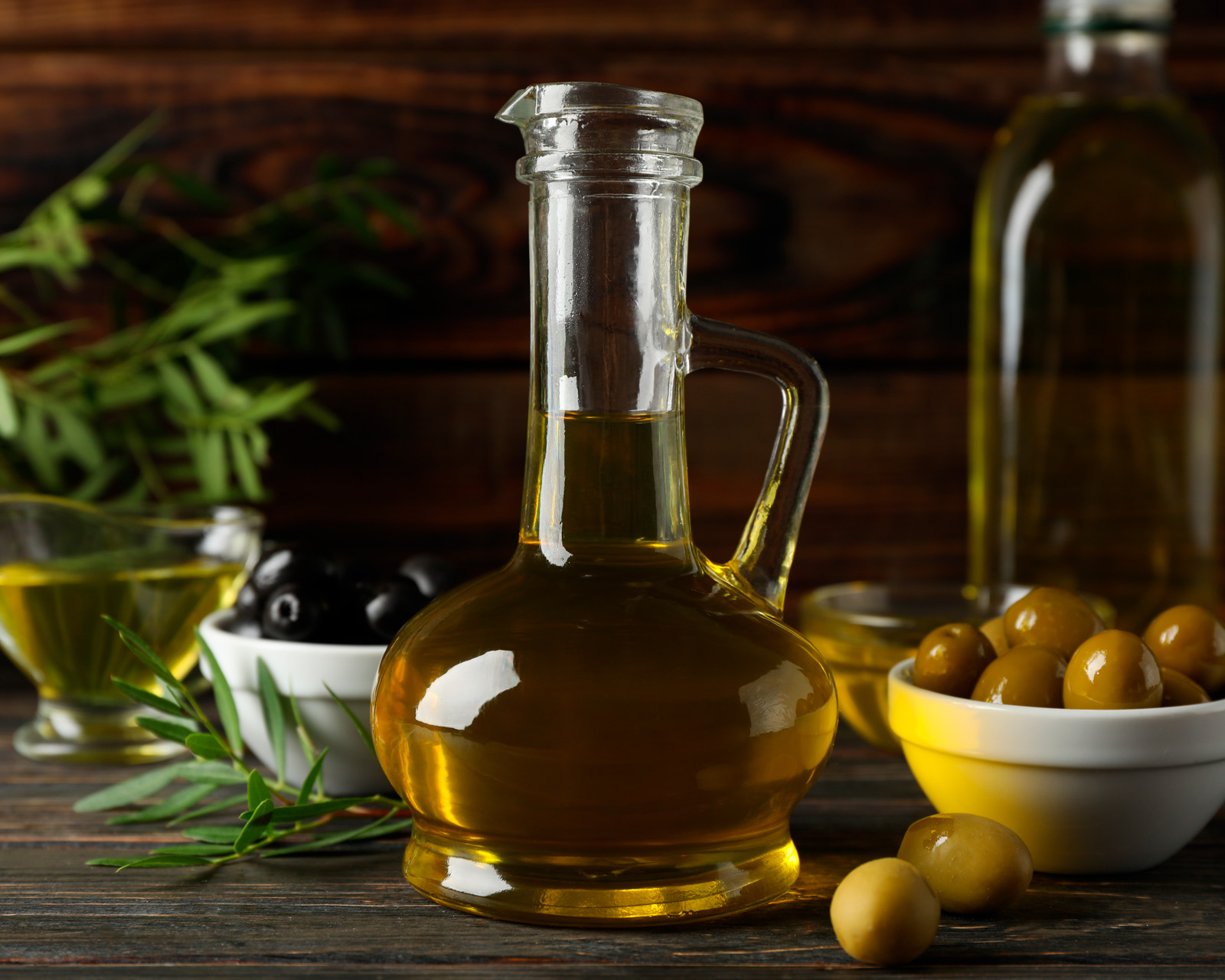
Greek olive oil is not just food; it is a symbol of health, heritage, and hospitality. Every drop reflects the soul of Greek culture, a bridge between ancient wisdom and modern life. Taste it, and you’ll not only experience its flavor and aroma but also the history, passion, and heart of Greece itself.

